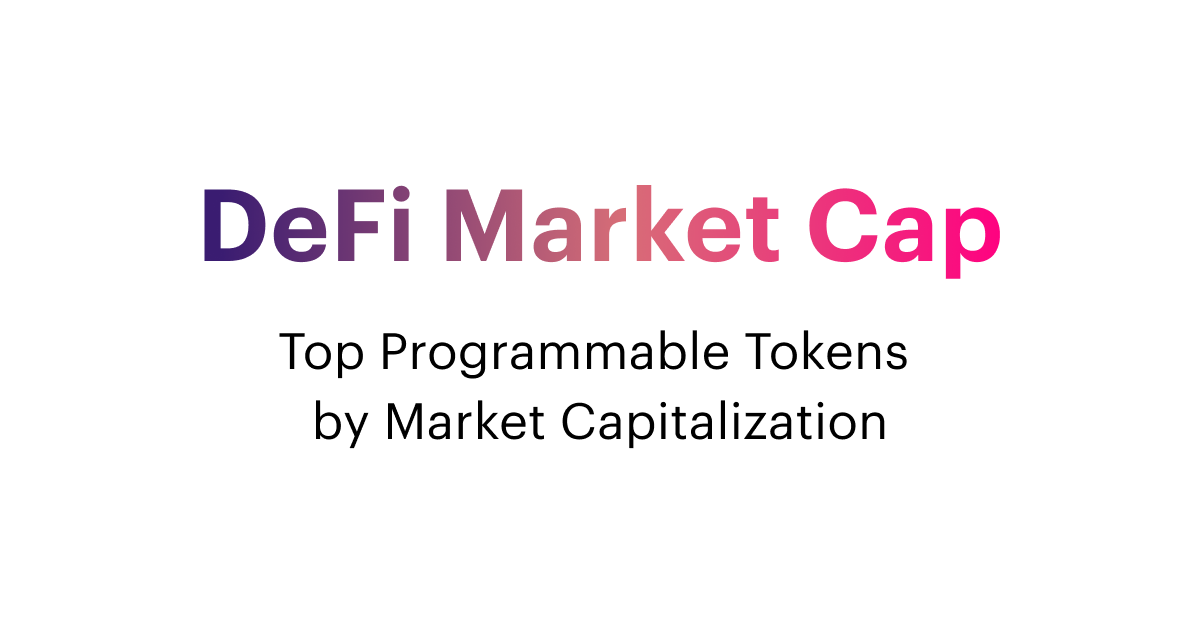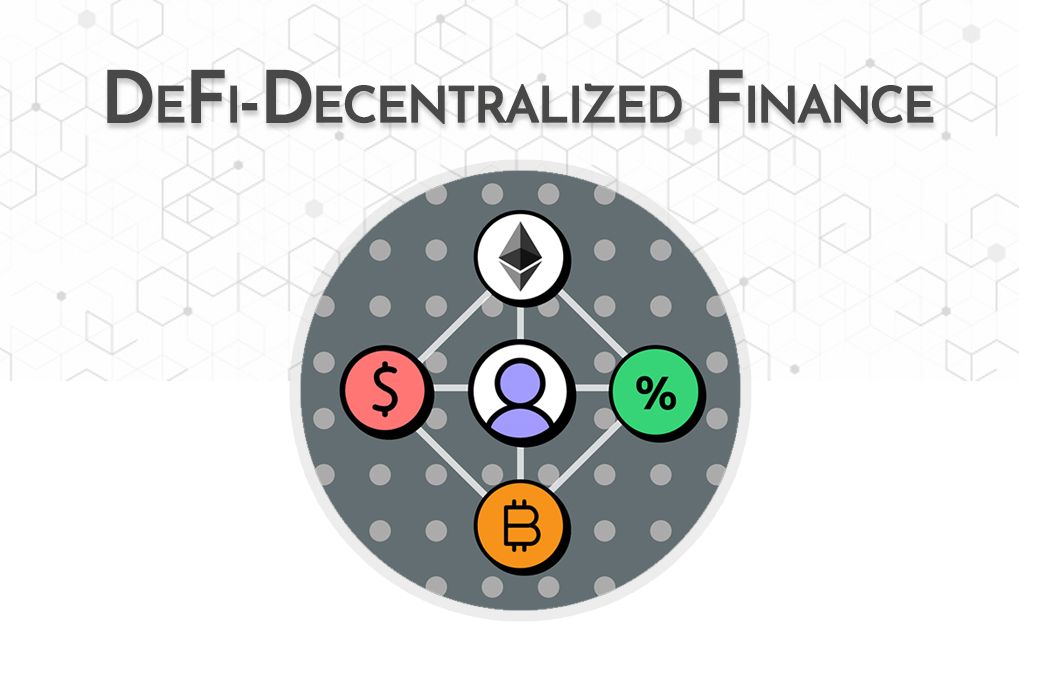What is Decentralized Finance (DeFi)?
Decentralized Finance (or simply DeFi) refers to an ecosystem of financial applications that are built on top of blockchain networks.
Decentralized Finance aims to create an open-source, permissionless, and transparent financial service ecosystem that is available to everyone and operates without any central authority. The core benefit of DeFi is easy access to financial services, especially for those who are isolated from the current financial system.
Advantages of DeFi?
DeFi applications do not need any intermediaries or arbitrators. The application specifies every possible use case, and the users maintain control over their funds at all times. Because of it's decentralized nature, a single point of failure is eliminated. Data is spread across the blockchain, and is distributed across thousands of nodes, making censorship or the potential shutdown of a service a complicated task.
Another significant advantage of such an open ecosystem is the ease of access for individuals who otherwise wouldn’t have access to any financial services.
Potential use cases for DeFi?
Borrowing & Lending
Open lending protocols are one of the most popular types of applications that are part of the DeFi ecosystem. Decentralized borrowing and lending have many advantages over the traditional credit system. These include instant transaction settlement, the ability to collateralize digital assets, no credit checks, and potential standardization in the future.
Since these lending services are built on public blockchains, they minimize the amount of trust required and have the assurance of cryptographic verification methods. Lending marketplaces on the blockchain reduce counterparty risk, make borrowing and lending cheaper, faster, and available to more people.
Monetary banking
DeFi applications can be used as monetary banking services, which could include issuance of stablecoins, mortgages, and insurances. With the maturing of blockchain industry, there is an increased focus on the creation of stablecoins. Decentralized stablecoins could be adopted for everyday use as digital cash that is not issued and monitored by a central authority. Largely because of the number of intermediaries needing to be involved, the process of getting a mortgage is expensive and time-consuming. With the use of smart contracts, underwriting and legal fees may be reduced significantly.
Insurance on the blockchain could eliminate the need for intermediaries and allow the distribution of risk between many participants. This could result in lower premiums with the same quality of service.
Decentralized Marketplaces
Some of the most crucial DeFi applications are decentralized exchanges (DEXes). Since they require much less maintenance work, decentralized exchanges typically have lower trading fees than centralized exchanges. These applications would work in a decentralized way that cuts out custodians and eliminates single points of failure.
Difference between DeFi and open banking?
Open banking refers to a banking system where third-party financial service providers are given secure access to financial data through APIs. This enables the networking of accounts and data between banks and non-bank financial institutions. Essentially, it allows new types of products and services within the traditional financial system.
DeFi, however, proposes an entirely new financial system that is independent of the current infrastructure. DeFi is sometimes also referred to as open finance.
For example, open banking could allow the management of all traditional financial instruments in one application by drawing data from several banks and institutions securely.
Decentralized Finance, on the other hand, could allow the management of entirely new financial instruments and new ways of interacting with them.
Defi Resources :









Subscribe to Plezna
Crypto knowledge delivered, right to your inbox